blog
Interview with photographer Emeke Obanor
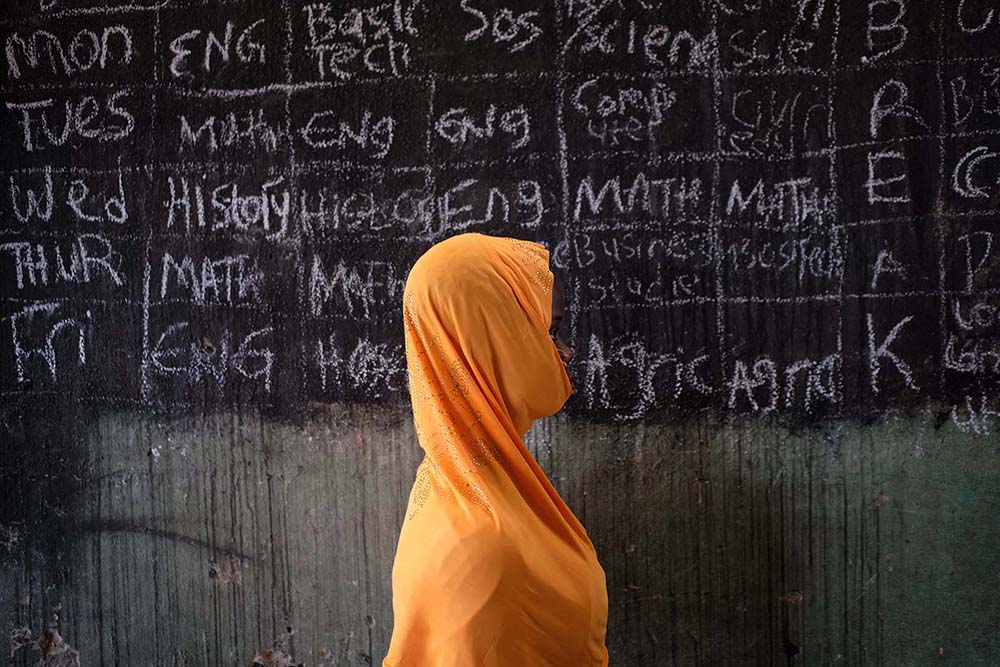
Ladi is 16, born in North East Nigeria. © Emeke Obanor
Emeke Obanor is a Nigerian photographer whose series of portraits is featured in this month’s issue. His series “Heroes” is centered around a group of girls who were abducted by Boko Haram militants operating in northeast Nigeria. Some of these girls gained their freedom after the camps where they were held were raided by military troops, while some other girls sought help from authorities and escaped when they were forced to act as suicide bombers by Boko Haram. The intensity and hardship endured by those girls in captivity is contrasted by striking portraits of the girls standing in front of blackboards, holding books or school supplies. Their hopes for continuing their education and embracing learning are the antithesis of Boko Haram’s attempts.
The girls’ stories are the most important part of what Obanor strives to communicate. I asked him about what obligations he has to his subjects. “My obligation is to be sympathetic towards the oppressed…” he says, “and draw the attention of the world to issues of concern. My obligation towards the people in my photos is to tell their stories, and protect them at the same time.”
Obanor is also working on projects to draw attention toward the issue of global climate change, and migration as a direct result of social problems. His series “Shades of Grey” explores the sense of loss and psychological trauma by Nigerians, especially children, who don’t know what happened to missing family members who left Nigeria and tried to reach Europe by crossing the Sahara Desert and the Mediterranean Sea. Many of those migrants never reached the better conditions they attempted to find, and they are feared dead. Emeke says it is difficult to work on projects that involve people in need. “Yes, it is always difficult to undertake a project of people in need here,” he confesses. “One reason is that people do not always want to be involved because of fear of exposure and becoming stigmatized. Consequently,” he continues, “accessing the people and/or community involved could be challenging. Trust is another reason why it is difficult. Poor level of security for locals, and the past victimization of others create fear. It takes a lot to gain the trust of new victims regarding anonymity.”
That said, Emeke still says he is driven to photograph because it has the power to make changes, sway emotions, and even possibly change peoples’ world view. I had the chance to ask if it is difficult to work and be a photographer based in Nigeria. He says, “I believe it is difficult to be an artist in Nigeria because, professionalism is not highly appreciated here. For instance, a lot of people would rather publish any picture taken with phones or other devices without giving consideration to professional details like, artistic quality and so on. The lack of interest for quality photos significantly affects patronage negatively, and this can be discouraging. Additionally, there are very few photographic practitioners like curators, operators of photo galleries and photo magazines where photographers can showcase their jobs and gain exposure; this greatly contributes to the slow growth of progress as a photographer.”
A quote by the British documentary photographer Daniel Meadows came to my mind while thinking about Emeke’s work. “Just because people don’t have a voice,” Meadows says, “doesn’t mean they don’t have stories.” With this quote in mind, I ask if Emeke considers his own work as documentary or portrait photography. “Documentary,” he states. “Documentary photography is a form of art aiming to chronicle the action and the environments in order to tell a story and convey a message. For me, the goal usually is to tell a story, and I decide the appropriate style or approach.”
In closing, I asked if Emeke takes on assignments for news agencies or if he is solely independent. “Right now, I do not work for any agency, but I look forward to working with one or more in the near future to provide a wider audience and gain more attention for these important stories. I would like to work on new projects when there is potential to improve humanity, and when projects have received little or no attention” he concludes. “I believe this can give those people a voice.”
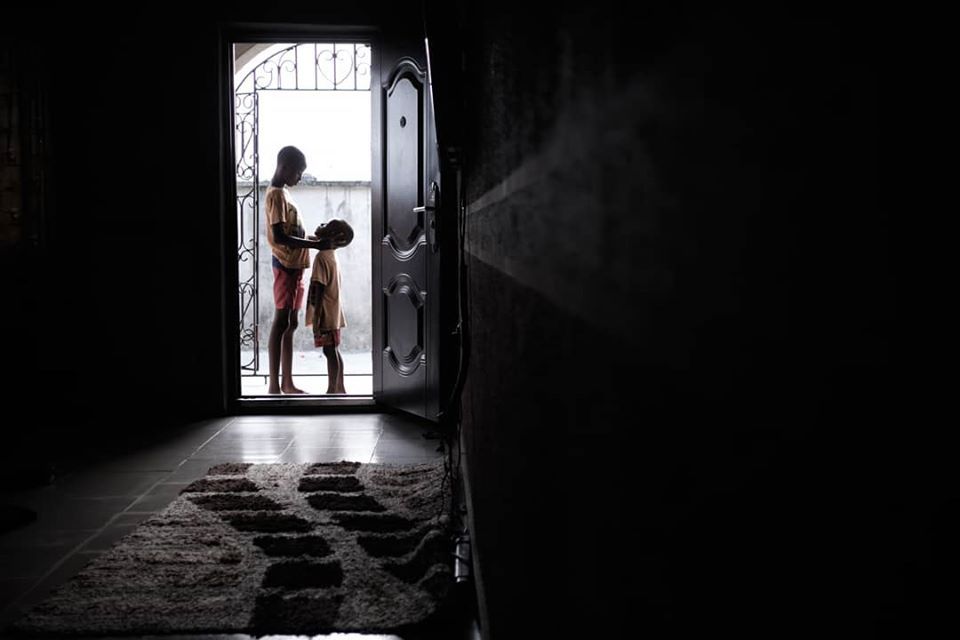
From “Shades of Grey” © Emeke Obanor
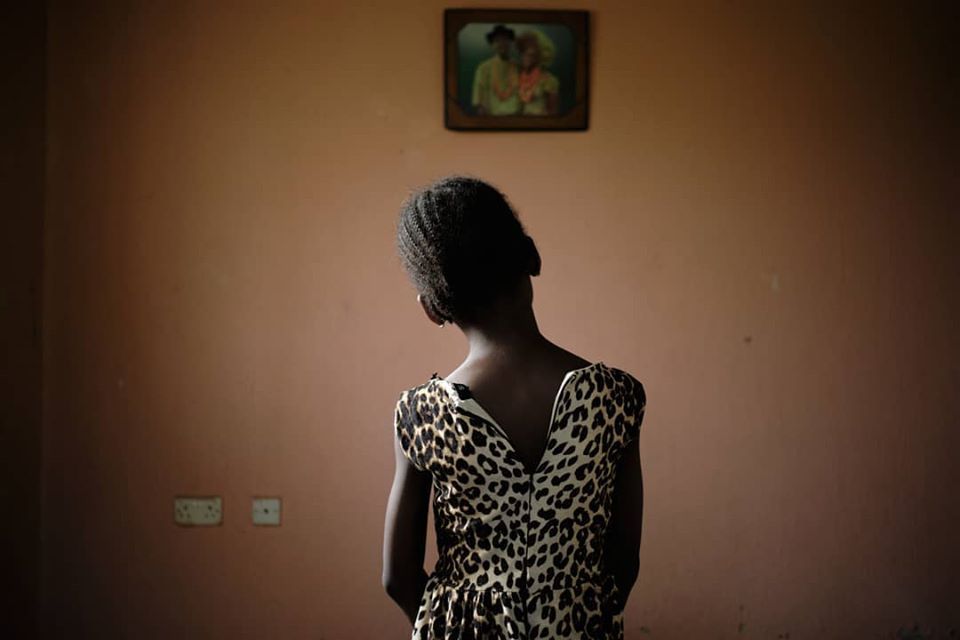
From “Shades of Grey” © Emeke Obanor
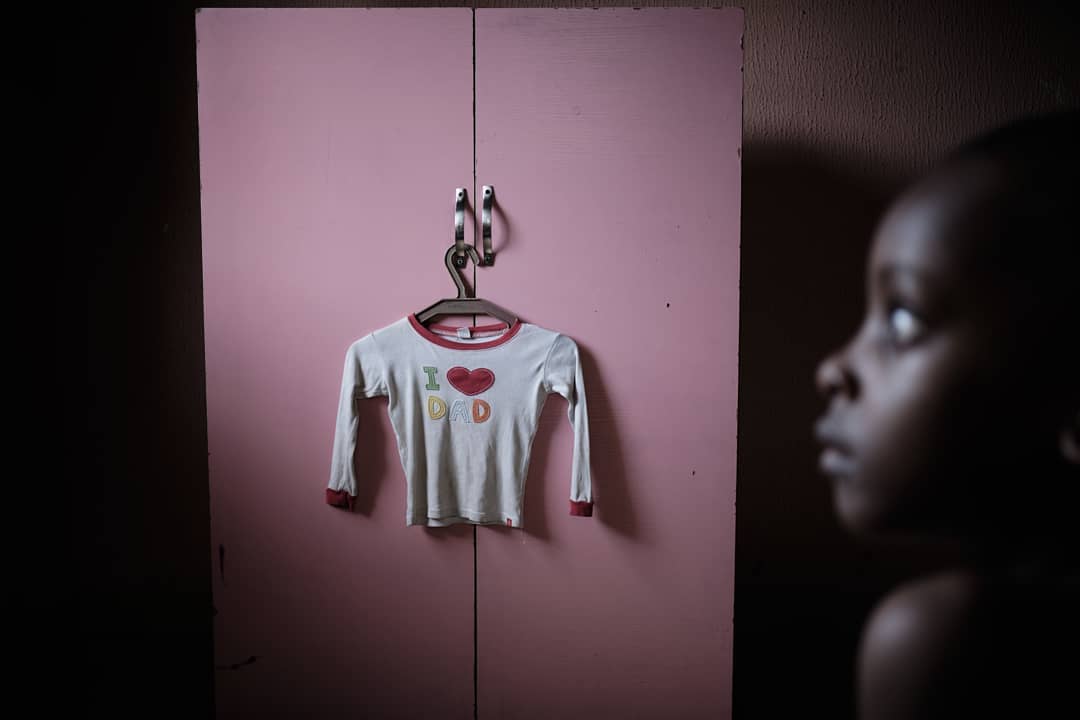
From “Shades of Grey” © Emeke Obanor
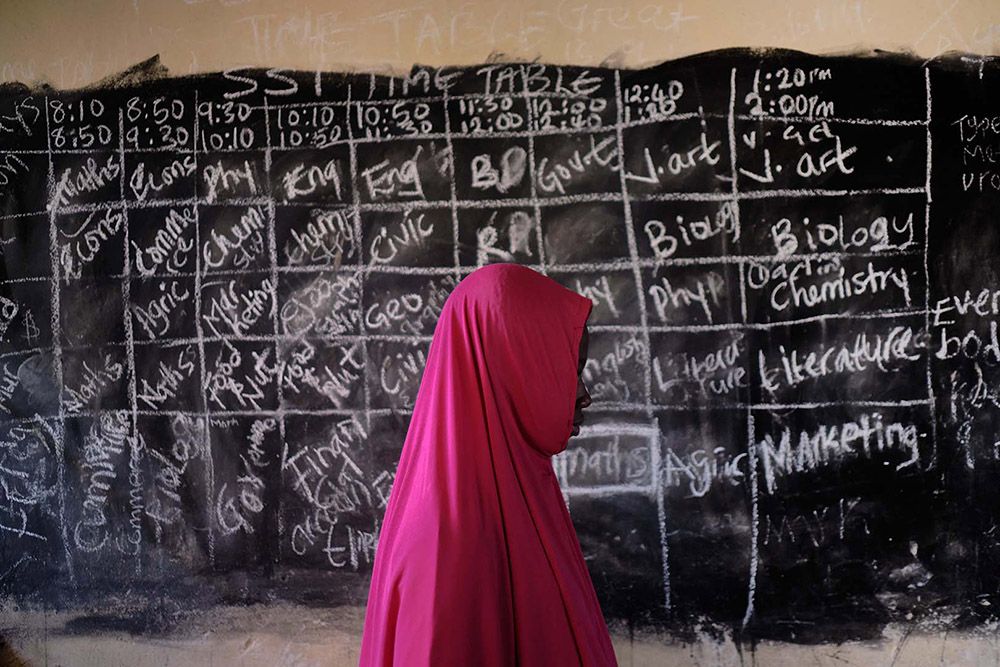
Balarabe, 17, was raised in North East Nigeria, brainwashed by Boko Haram to hate western education. She enrolled in a school after she regained freedom. She plans to become a nurse like her sister. © Emeke Obanor
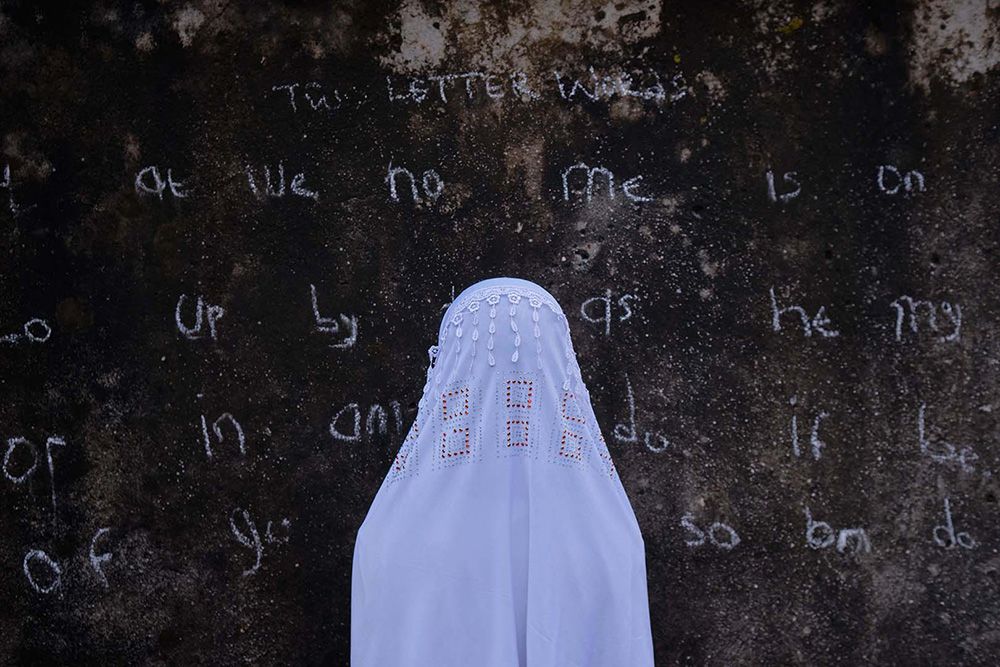
Aisha, 16 years old, in North East Nigeria, was kidnapped by Boko Haram when she was 13 years old and trained to be a suicide bomber. Before she was abducted, her father didn’t send her to school. She teaches herself letters and words at home as her poor father couldn’t send her to school. She wants to become a teacher. © Emeke Obanor
See Emeke Obanor’s work on Facebook or Instagram
Location: Online Type: Documentary, Interview, Portraits
Events by Location
Post Categories
Tags
- Abstract
- Alternative process
- Architecture
- Artist Talk
- artistic residency
- Biennial
- Black and White
- Book Fair
- Car culture
- Charity
- Childhood
- Children
- Cities
- Collaboration
- Community
- Cyanotype
- Documentary
- Environment
- Event
- Exhibition
- Faith
- Family
- Fashion
- Festival
- Film Review
- Food
- Friendship
- FStop20th
- Gender
- Gun Culture
- Habitat
- Hom
- home
- journal
- Landscapes
- Lecture
- Love
- Masculinity
- Mental Health
- Migration
- Museums
- Music
- Nature
- Night
- nuclear
- p
- photographic residency
- Photomontage
- Plants
- Podcast
- Portraits
- Prairies
- Religion
- River
- Still Life
- Street Photography
- Tourism
- UFO
- Water
- Zine

Leave a Reply